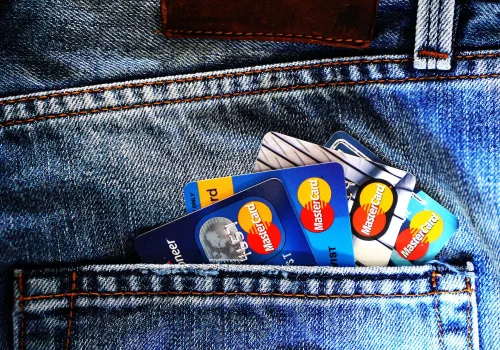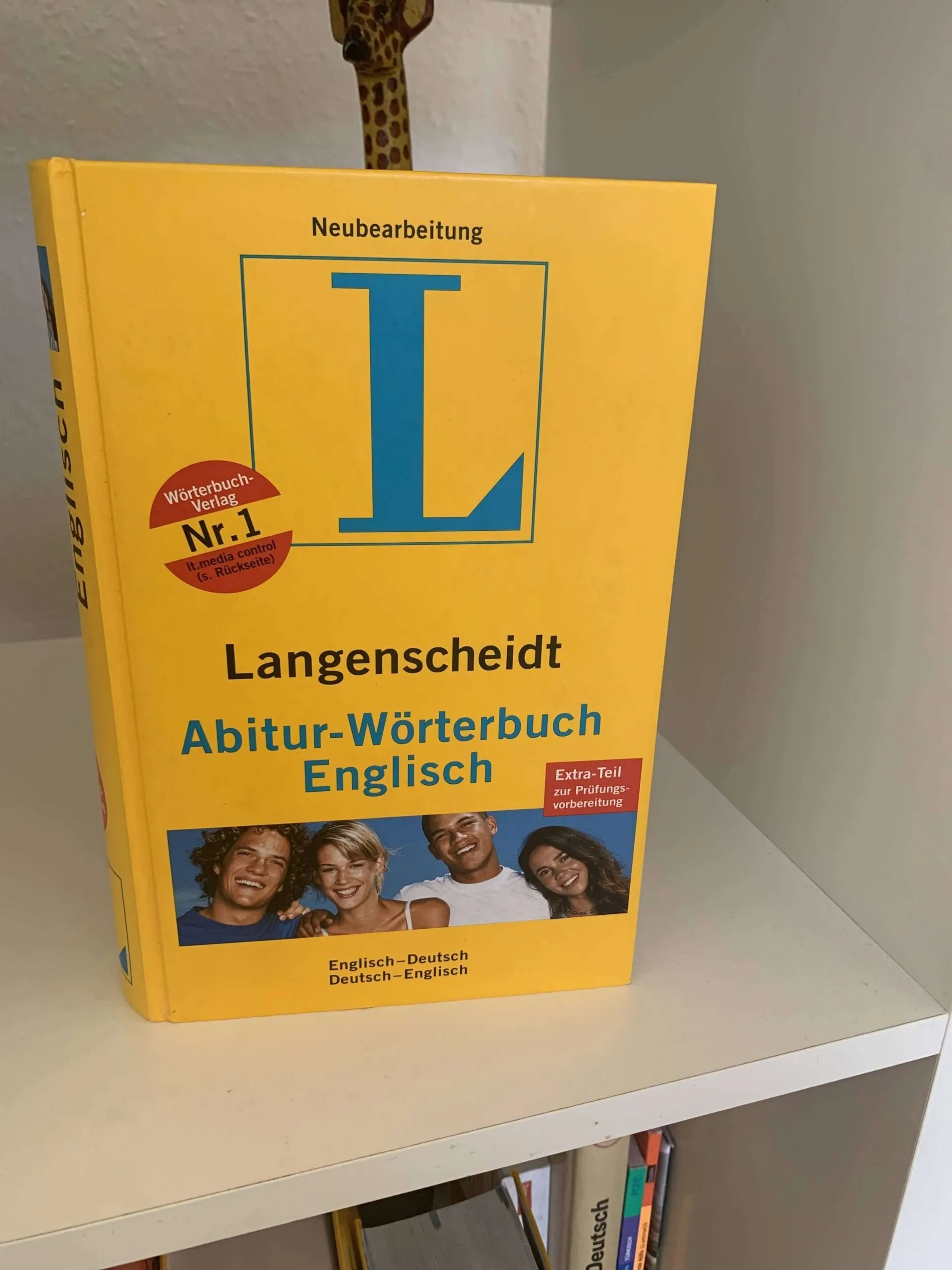Introduction
As an expat in Germany, you need a German bank account to pay bills and transfer funds. However, there are many banks in Germany to choose from. The best bank accounts for expats in Germany will depend on your personal preferences, but all the options below should be considered when choosing the right bank for your needs.
Why You Need A German Bank Account As An Expat
An expat, like any other person living in Germany, needs a bank account in order to receive and pay their salary. If you are an employee, you will need your employer to transfer your salary into this account. If you are self-employed or unemployed (e.g., receiving unemployment benefits), your life is easier if you have a German IBAN.
The same goes for bills: you will need to set up direct debit for most of your contracts (known as the SEPA mandate). For this, you will need a German as well, or at least a European IBAN.
This also means that if you want credit cards (which can be very useful), mortgages and loans of any kind—including buying property—then having a German bank account is essential for making these purchases possible.
Factors to Consider When Choosing A Bank in Germany
When you’re choosing a bank in Germany, there are several factors to consider. First, you will want to think about what type of account (or accounts) you need. You may want a savings account and/or current account. Or maybe even more than that! Some banks offer different types of savings accounts and checking accounts with various benefits and features depending on how much money you have in the bank or how much activity there is on your account(s).
Next, it’s important to research the reputation of each potential bank before making any decisions. Do customer review online appear positive? Are people happy with their service? The last thing anyone wants when moving overseas is bad customer service from their financial institution during an already stressful time! There are many banks in Germany. Some are young subsidiaries of bigger banks or building tech on the licences of existing banks.
I will limit the banks mentioned here to banks that I have come to know to have good reputation. There are a lot more banks out there than can be listed here.
Then comes fees—these can vary greatly between banks, so make sure to read through them carefully before signing up for any services offered by any given institution here in Germany. Some banking institutions offer no-fee options, while others charge fees for almost everything under the sun (and sometimes even above it!). We recommend avoiding these types of institutions at all costs because they usually cost more down the line, and frankly you will not need any of the extra services as a normal user.
What Are The Types Of Bank Accounts In Germany
- Girokonto: This is your standard bank account. You can use it to pay bills, make deposits and withdrawals, and receive money transfers.
- Sparkonto: A savings account that pays interest on the amount of money you deposit into it(although interest rates are so low in Germany now that you will not make much on your capital). Banks offer both fixed-rate deposits (Feste Zinssätze), which are guaranteed by the government not to lose value over time, and variable-interest savings accounts (variable Zinserträge).
- Tagesgeldkonto: This type of account pays higher interest than a normal bank account(in theory) but doesn’t allow customers to write checks out of funds stored within their Tagesgeldkonto. It’s useful if you are looking for a separate account to store your extra money. You can only make transfers to and from the reference account, which is usually a Girokonto.
* Verrechnungskonto: This is an account you usually get when you open a brokerage account for buying stocks. It has an IBAN for transferring money to fund your trades, but that is really all there is to it.
So for most people, a Girokonto is what you are looking for when opening an account in Germany.
How to Open A German Bank Account
- You will need a passport, proof of address and a German address
- You will need to identify yourself online or at the post office (for some banks). This is usually done with the postIdent. You will get used to doing a bunch of them while living in Germany
- For some banks, you may be required to provide proof of income or a good credit score. An example will be the DKB bank.
Best Banks For Expats Living in Germany
- Deutsche Bank
- DKB
- N26
- Wise (Formerly Transferwise)
- Revolut
- Commerzbank
- Comdirect
Best Banks With English Speaking Support in Germany
N26, Deutsche Bank, Vivid and Berliner Sparkasse are the four banks with English-speaking support in Germany. N26 is a digital only bank that does not have any physical branches. The app can be downloaded from their website, but it’s also available on Google Play and the Apple Store. You can read more about N26 in our review here.
Vivid is another new digital only bank that provides customer service in both English and German via chat technology as well as through email or phone calls if needed. It is turning out to be one of my favourite banks because they allow you to have multiple bank accounts called pockets. Each of these accounts would have a different IBAN. So if you are going to need multiple bank accounts, Vivid is definitely a good place to start
Berliner Sparkasse is a traditional bank with physical branches throughout Germany. Their customer service team can provide you with information in English. However, it’s possible to open an account without being able to speak German, since they also offer an online application process that allows you to complete it without needing to speak German at all!
Best Banks With Brokerage Accounts
If you’re looking for the best banks with brokerage accounts, we recommend Comdirect Bank, ING DiBa, Consorsbank and DKB.
- Comdirect Bank offers an app that makes trading easy on your phone. They have a wide rage of ETFs and Stock saving plans from 25 Euros (with no transactional fees)
- ING DiBa: The bank also offers a variety of investment options including stocks, ETFs and mutual funds as well as bonds.
- Consorsbank lets you trade forex online at lower rates than other banks as well. They have a wider offering when it comes to international stocks compared to comdirect, but you should be able to find the most common stocks with any of the brokers
Best Free Bank Accounts in Germany
Best Free Bank Accounts in Germany
N26 – N26 is a digital bank that offers a free-to-use current account and has no hidden fees. The app also provides a free IBAN, free ATM withdrawals(can be capped depending on what plan you are on), and unlimited money transfers to other bank accounts or even to people outside the EU. You can also withdraw cash from ATMs worldwide with their prepaid MasterCard debit card, which can be used at thousands of locations worldwide. Tip: The N26 MasterCard has been my card of choice when travelling. I have found the exchange rate to be quite good compared to other banks.
Revolut – Revolut is another good option if you want to get your hands on some new banking tools without paying anything at all! It has no monthly fees or transaction charges and supports over 30 currencies as well as cryptocurrencies like Bitcoin (BCH), Bitcoin Cash (BCH), Dash (DASH), Litecoin (LTC) and Ethereum (ETH).
Vivid – Vivid is a new bank that recently launched in Germany and offers a free account for life. It has no hidden fees or sign-up charges, and you can withdraw cash at any ATM worldwide without paying an extra fee.
These Banks Are Free With A Minimum Monthly Deposit
- DKB: This bank is one of the best for expats because you get a free Girokonto, a Visa card(DKB switched from free credit cards to debit cards). In addition to that, you can access some perks if you have a minimum monthly deposit of 700 coming in. It does not have to be your salary. It can also be a transfer from another bank account.
- Comdirect: With this bank, you can open an account with a minimum monthly deposit of €700. Otherwise, you pay 4.9Euros per month
- ING Diba: Free Girokonto if you have a minimum monthly deposit of €700, otherwise €4.90 per month.
Best Bank Accounts For Students in Germany
If you’re a student, you probably already know just how expensive life can be. And when it comes to banking, the story is no different. The good news is that there are some excellent student bank accounts in Germany that don’t charge any fees and give you access to credit or debit cards, as well as other perks like cashback and rewards points.
Here are some of the best student bank accounts:
- N26 – This online-only bank offers all its services for free (including an ATM card) with no minimum balance requirements or monthly fees. It also has a great app available for iOS and Android users!
- Vivid – Vivid has a free tier as well as some pretty good cashback programs. You might as well get back some of your money back while you spend.
- Deutsche Bank – If you had to create a Sperrkonto when you came to Germany, you might already have an account with the Deutsche Bank. As long as you are a student, you can have the account for free. Check regularly if the Deutsche Bank knows you are still studying to prevent them for switching you to a paying customer.
Conclusion
We hope that you have found this article helpful and informative. Choosing the right bank account can be a difficult task, but we are confident that after reading this article, you will be able to make an informed decision about which one will suit your needs best.











I’m glad to see that there are some great banks in Germany for expats and English-speakers! I’m based in Berlin, and I’ve had great experiences with several of the banks on this list.